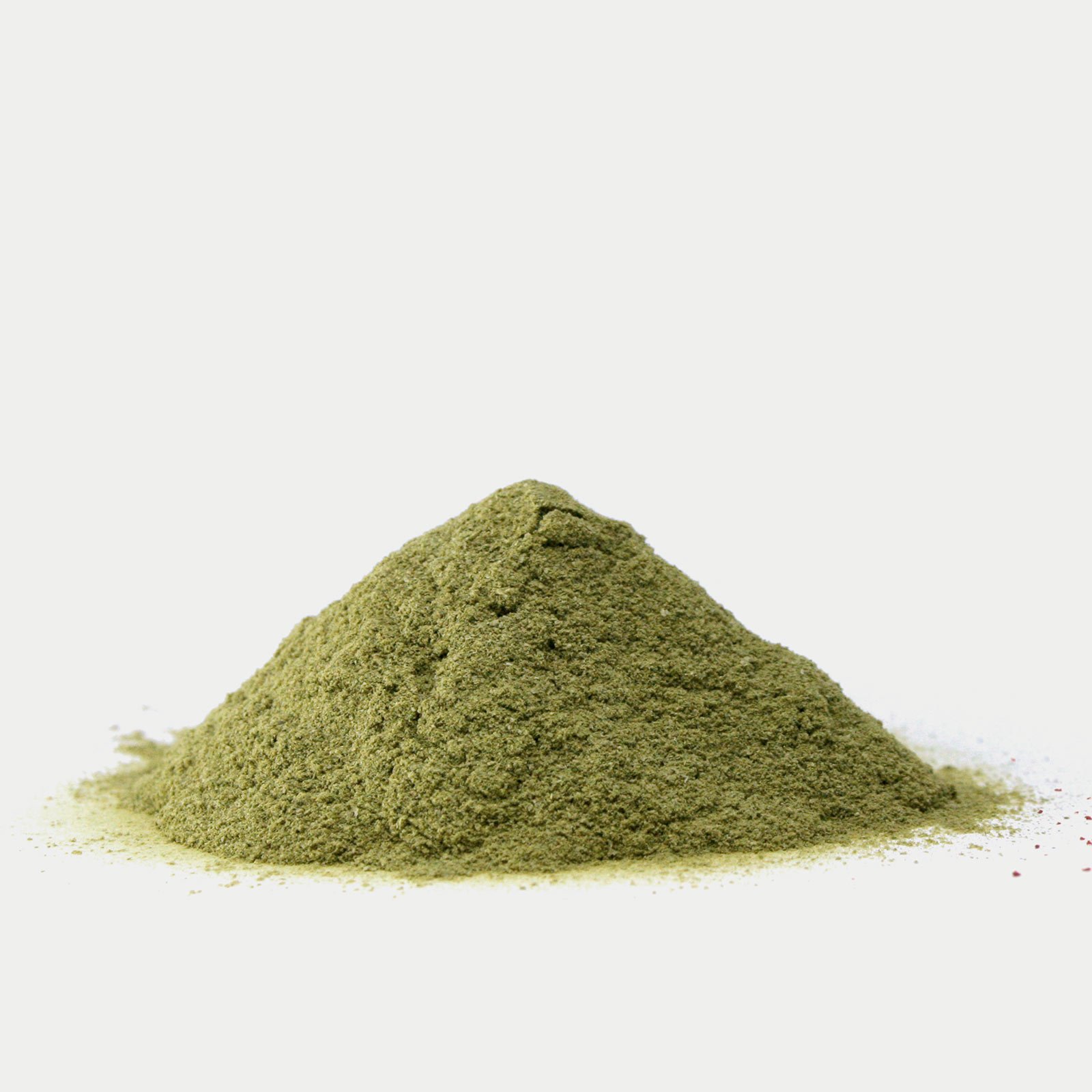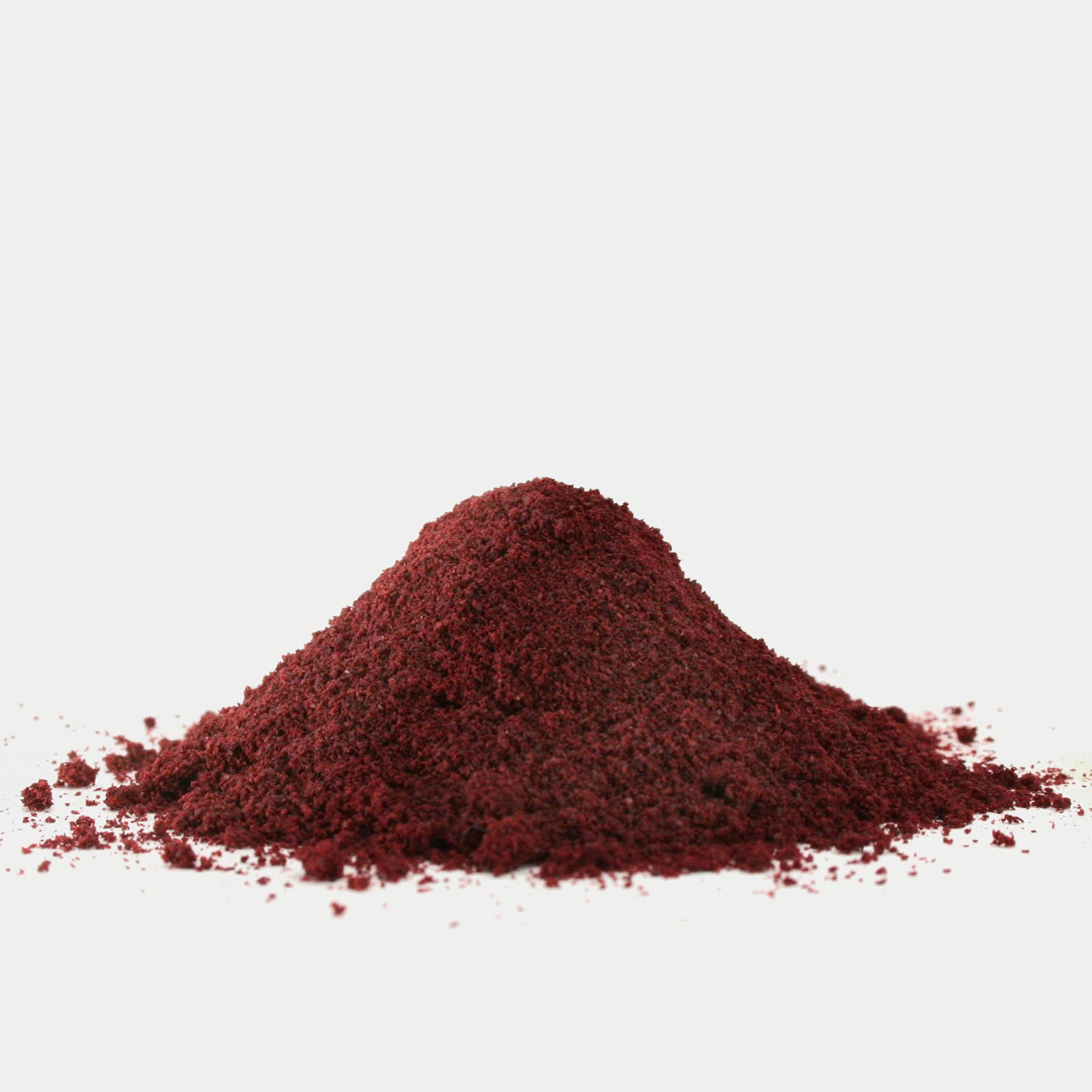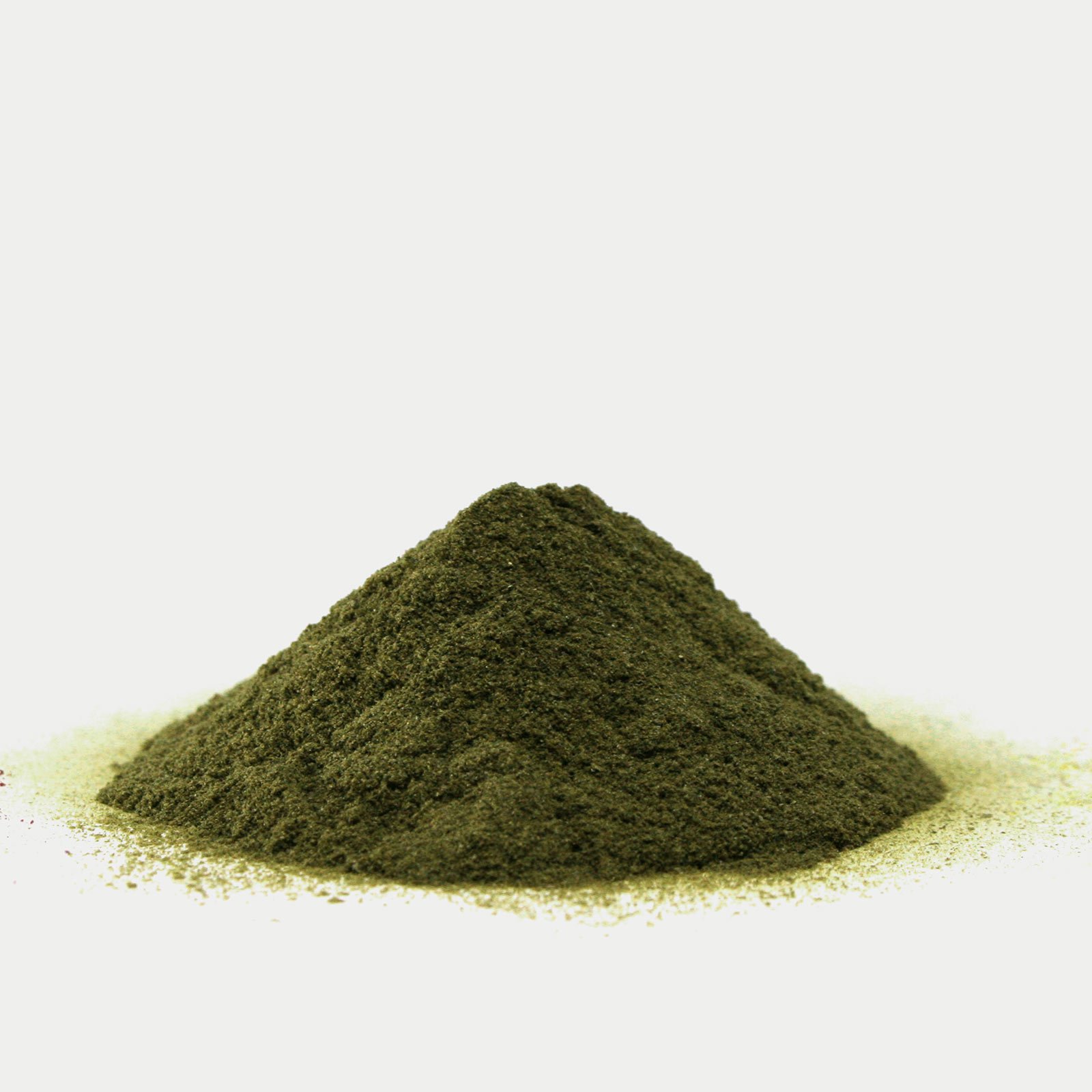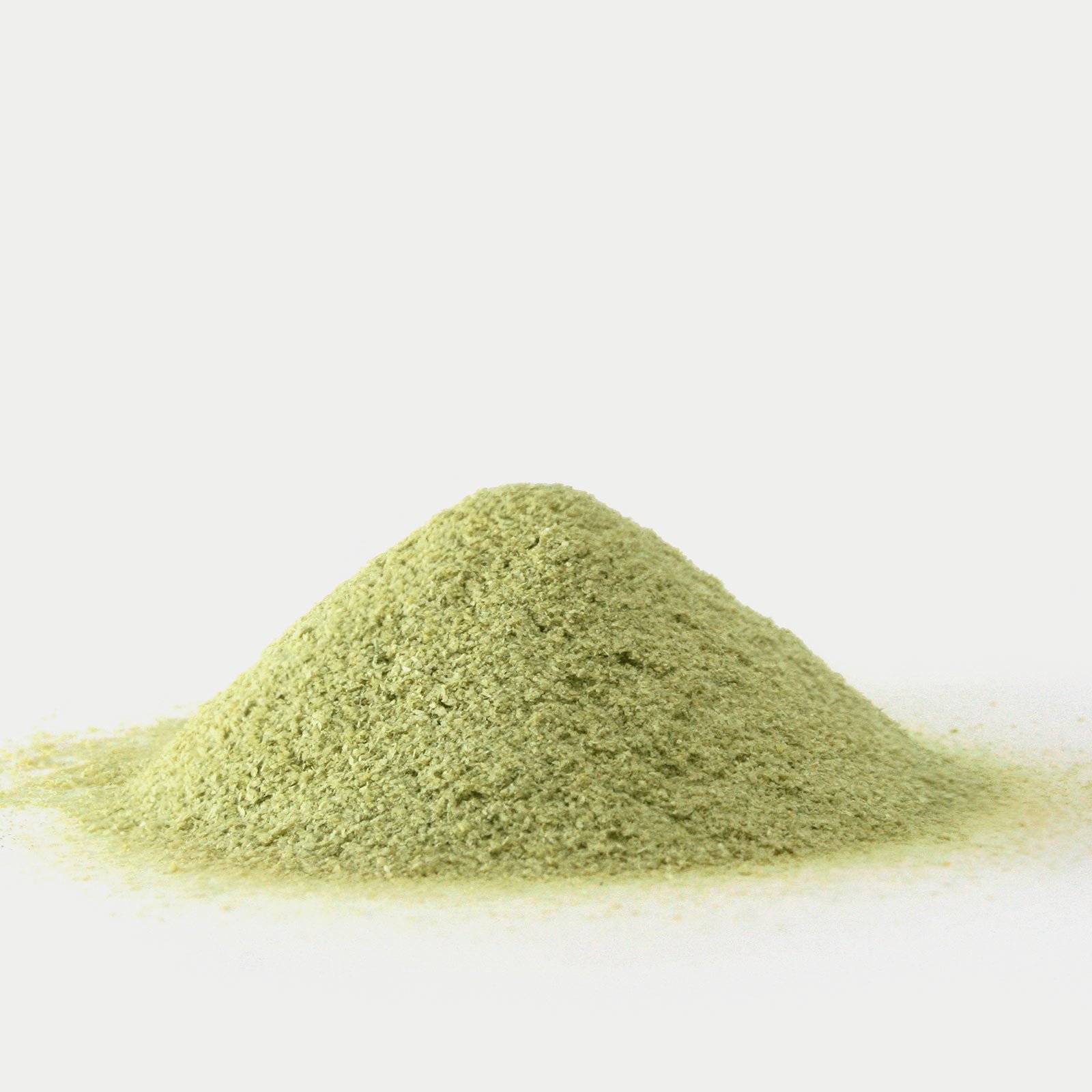Drying technology
End-to-end solutions
We harness all edible portions of the plant, process them, and dry them according to customer needs.
Some customers want whole powder, a less soluble ingredient because the vegetable’s fiber is retained, which is suitable for certain market segments. Some are looking for juice powder, for products where solubility is important.
Based on the attributes our customers identify for their finished product, we match up our vegetable and the right drying technology to meet those requirements.
Drying methods up close
Spray drying
Extreme heat (200 - 300º C)
Carriers often used
Color, phytonutrient, micronutrient degradation
Spherical microstructure causes shelf life instability and oxidation
Drum drying
Extreme heat (110 - 160º C)
Color, phytonutrient, micronutrient degradation
Highly irregular / jagged dried microstructure
Freeze drying
Exposure to extreme pressures
Long drying times (32 hours) equals nutrient loss
Pretreatment with chemical inputs is common
Highly porous finished-product
Refractance Window drying
Low temp. drying, no carriers
No extreme pressures or chemicals
Microstructure is uniform and non-porous, which increases shelf life and reduces oxidation and microbial activity










